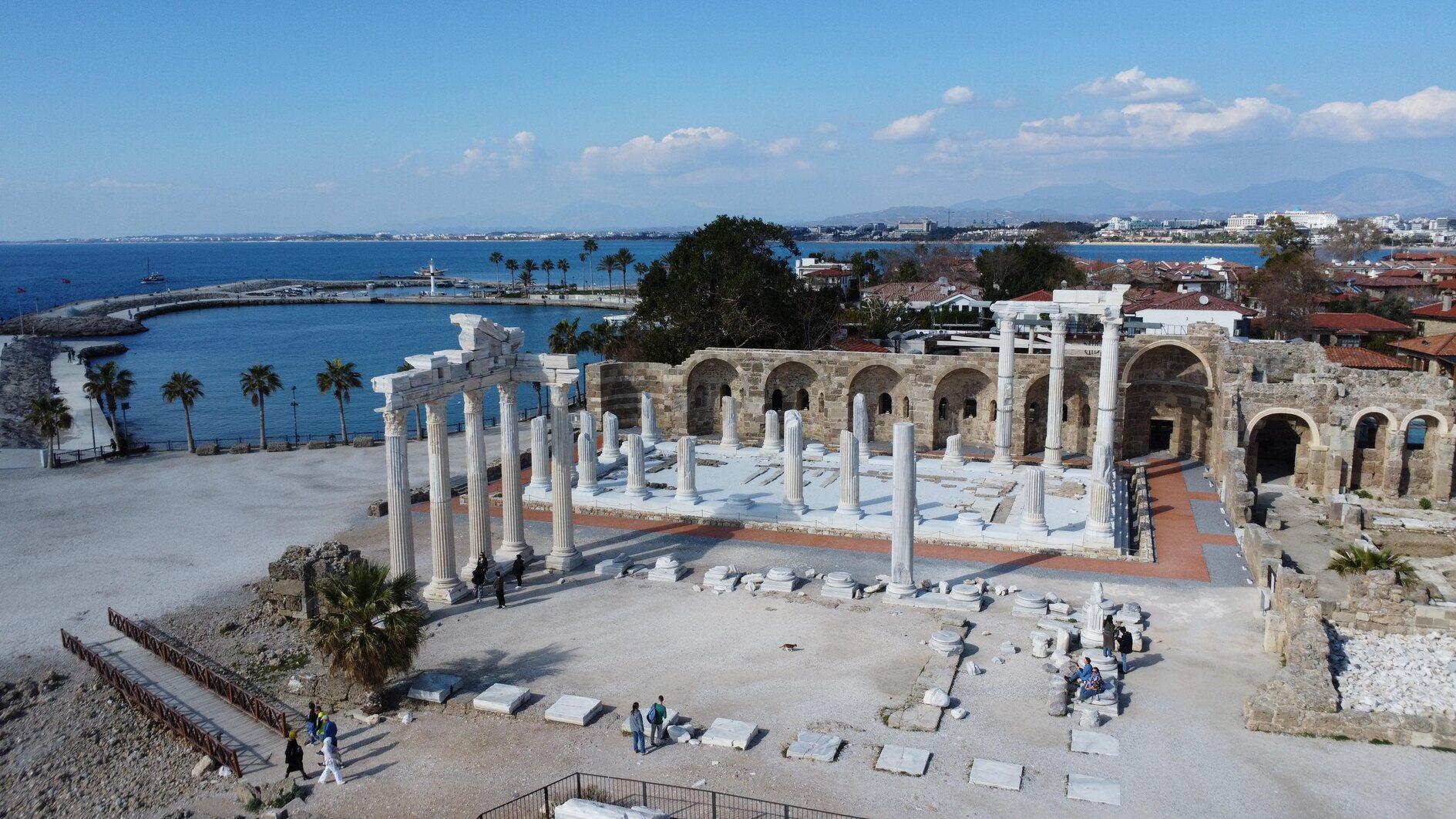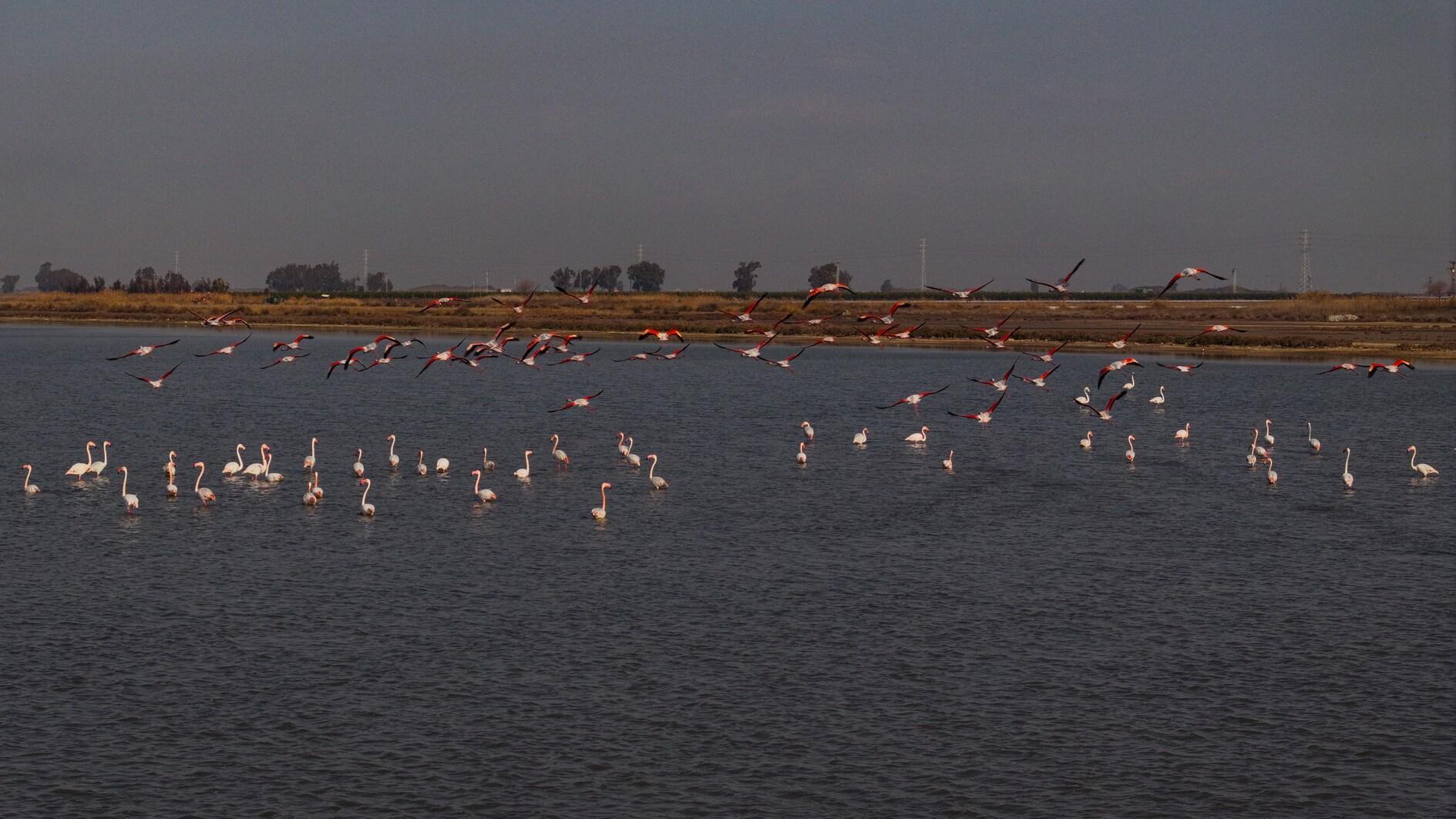Conclusions from Turkey’s Syria operations
The Turkish military and Turkey-supported Free Syria Army (FSA) rebels entered the northwestern Syrian town of Afrin on March 18, almost two months after “Operation Olive Branch” started on Jan. 20.
The town, with a population of more than 400,000, had been controlled from 2012 - shortly after the Syrian civil war broke out - by the People’s Protection Units (YPG), the military wing of the Democratic Union Party (PYD), which is the Syrian branch of the outlawed Kurdistan Workers’ Party (PKK). The area has been used by the PKK and affiliated groups for over a decade to cross in and out of Turkey to carry out terror attacks.
Concerns had been raised about the possibility of massive civilian causalities during the Turkish-led forces’ capture of the town. But apparently the YPG left Afrin via a 1.5-km corridor left open toward the southeast of the town, together with civilians also trying to escape in order to avoid possible clashes and potentially being used as human shields by the YPG. There are unconfirmed reports about backtrack diplomacy, also with the involvement of intelligence services, to force the YPG to leave the town in order not to cause greater loss of lives. President Tayyip Erdoğan said on March 19 that “3,622 terrorists had been neutralized” since the beginning of the operation, a term used by the Turkish military to refer to those killed, wounded or arrested.
Erdoğan said Turkey is not in Syria as an “invasion” force and is simply aiming to fight terrorism that poses a threat to its borders. He also stressed that it would not hesitate to do the same in other regions of Syria and Iraq such as Manbij and Sinjar, which are held by PKK-affiliated groups, if those in charge of those regions “do not deliver on their promises to Turkey.”
Between August 2016 and February 2017, Turkey had completed another military campaign in the Jarablus, Dabiq and El-Bab regions of Syria next to its borders held by the Islamic State of Iraq and the Levant (ISIL), coded the “Euphrates Shield Operation.” Erdoğan said Ankara now wants to resettle the inhabitants of those towns who had fled to Turkey during the war and hand over the areas to their “real owners.” This term implies Syria after a political solution is reached through the Geneva process, not the current Bashar al-Assad regime.
The irony is that since 2014 the YPG has been the ground partner of the U.S. Central Command (CENTCOM) in the latter’s anti-ISIL operations east of the Euphrates, under a PR-friendly name requested by the Americans: The Syrian Democratic Forces (SDF). That partnership has continued despite Turkey’s strong objections due to its own security concerns and the fact that it is Washington’s NATO ally. Another irony is that both of Turkey’s operations were made easier through the indirect support of Russia, the main supporter of the Syrian regime together with Iran, by stopping Syrian jets and artillery from hitting Turkey-led forces in Syrian territory. Both Euphrates Shield and Olive Branch were carried out west of the Euphrates, which are under Russia’s de facto air control, and Moscow has been naming PKK-affiliated groups there “U.S.-proxy forces” for some time.
The U.S. had pressed Turkey to stop the Afrin operation amid concerns of that YPG militants’ attention was being distracted from the fight against ISIL. Turkish forces have found tons of weaponry and ammunition in the Afrin region that were delivered to the YPG for the fight against ISIL, not Turkey. The YPG-PKK perhaps trusted the U.S., believing that Washington would not let down its new partners against its old ally Turkey, without realizing that there is a proxy-war dimension to the entire Syria war.
The Afrin case is not a success for the White House. Perhaps it is time for U.S. President Donald Trump and his new Secretary of State Mike Pompeo to cooperate with their decades-old ally Turkey, not leaving their Middle East policy to a handful of generals with a John Wayne-like mentality.











